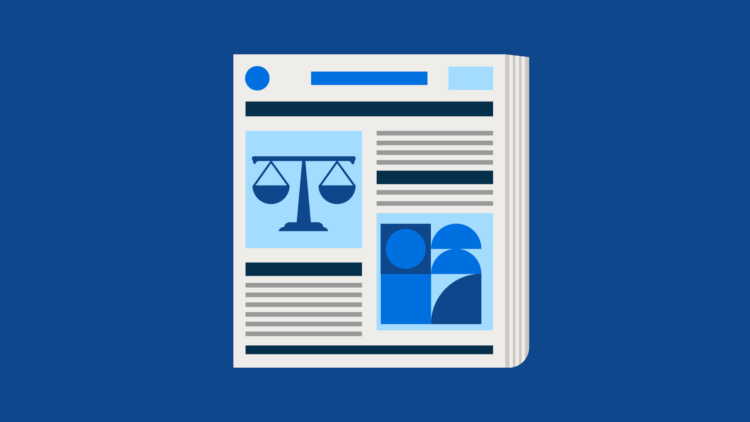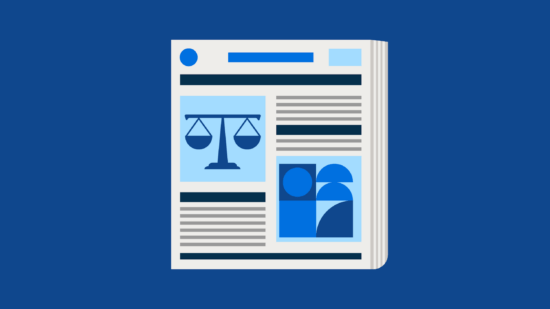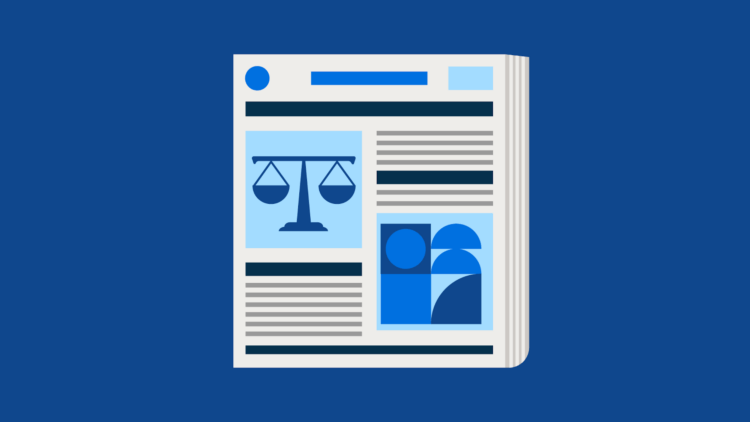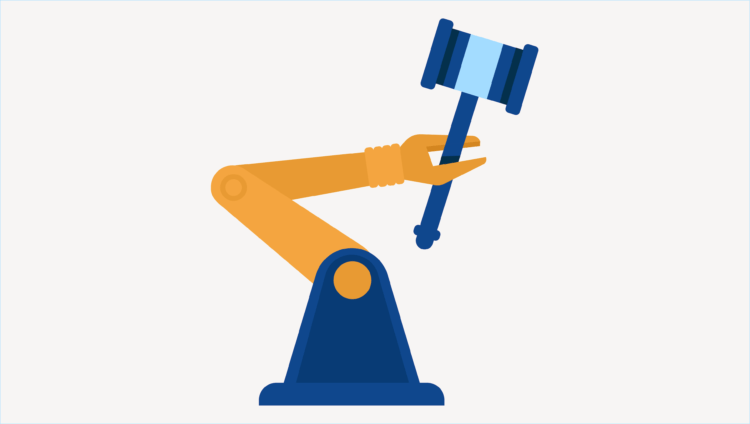Picture this: you’re opening a new file, ready to plan out your strategy.
Among other things, you’ll be thinking about the information and documents you’ll need from your client and opposing counsel and when you’ll be scheduling depositions and trial dates. Of course, you’ll bake your client’s needs and end goals into these strategic considerations.
When questions arise (or a second opinion is needed), we naturally turn to our coworkers or mentors for advice. That might involve knocking on another associate’s door or pinging them on Slack to work through an issue together.
However, with Auto-GPT, an iteration of autonomous artificial intelligence (AI), that could all change quickly.
Why? Auto-GPT not only responds to queries, but uses iterative technology to address tasks and work through strategy to take work off its human instructors’ plates and make strategic decisions.
So, what do you need to know about this form of AI? Below, we’ll jump into Auto-GPT, covering what it is, how it compares to ChatGPT, and what these advancements mean for lawyers.
Ready to enhance your legal practice with AI? Clio Duo is our secure, AI-powered solution that helps increase productivity and efficiency, transforming the way legal professionals work—check Duo out here.

What is Auto-GPT?
Auto-GPT was released on March 30, 2023, and is described as “[a]n experimental open-source attempt to make GPT-4 fully autonomous.” This technology, which is being developed through open-source collaboration, is still in its infancy, yet has already taken the AI world by storm.
The apparent goal of Auto-GPT is to create an application that can think through complex tasks on its own.
As a (very hypothetical) example, an attorney could provide Auto-GPT with a “goal” (e.g., creating a legal strategy for a particular file).
In response, Auto-GPT uses “AI agents” that automates prompts for GPT-4, performs specific tasks, and makes decisions following the goals and rules initially set out by the human instructor.
Not only that, but Auto-GPT can “think through” the necessary steps by asking itself what it needs to do next and how until it achieves the end goal.
So, hypothetically, using Auto-GPT, an attorney could create a fully fleshed out legal strategy for a file with intelligent recommendations and insights about how said strategy could be improved.
Auto-GPT vs. ChatGPT
What’s the difference between Auto-GPT and other popular AI platforms, like ChatGPT? The easiest way to differentiate them is by example.
ChatGPT responds to specific prompts from a human instructor. So, for example, you might ask ChatGPT to “create a workplace policy around the use of ChatGPT” or “write an email congratulating [name of coworker] on their promotion,” to which ChatGPT will respond with a work product.
Auto-GPT takes it one step further with its ability to leverage AI agents and make intelligent decisions. So, instead, you might ask Auto-GPT to develop your business’s strategy. Auto-GPT will then examine your processes, conduct research, and make decisions for areas of improvement or strategic initiatives.
Want more content like this?
Subscribe to our blog and get our blog posts delivered to your inbox!
Auto-GPT and the future of law
While Auto-GPT is still in the development stage, it has enormous potential to serve the legal profession in the future.
As any lawyer knows, practicing law is about much more than reading and understanding the law—it also involves making countless strategic decisions about how to run a file to a conclusion while aligning with your client’s goals.
And at the end of the day, providing a client-centered experience is key to running a successful practice.
Risks and considerations for lawyers using AI
Like many of the other AI options on the market, AI isn’t a complete replacement for a lawyer’s experience and wisdom. Nor is Auto-GPT quite ready to take the legal profession by storm—at this stage, using the platform requires some coding knowledge.
Plus, as we’ve previously mentioned, there are still many unknowns regarding whether and when it will be appropriate for the legal profession to fully embrace AI considering ethical considerations, including the accuracy of AI, security, client privacy, and privilege issues.
What we do know is that AI technology is advancing quickly. The legal profession, too, will have to move quickly to determine how to benefit from these technological advancements and what limitations it should place on their use.
You may like these posts
Final thoughts on Auto-GPT
Auto-GPT brings yet another AI advancement that has tremendous potential to shape the future of law. Yet, as Auto-GPT is still in its infancy, only time will tell what role this technology will play in the legal profession.
As always, we encourage lawyers to keep their eyes on this space and, if they’re using AI technology at work, to use technology responsibly and always maintain their ethical and professional responsibility standards.
Are you ready to begin utilizing AI at your law firm? With Clio Duo you can gain smart insights, experience faster workflows, and complete everyday tasks with ease—esecurely inside of Clio, with no data ever shared. Learn more about Clio Duo and begin to accelerate the way you work.
We published this blog post in May 2023. Last updated: .
Categorized in: Technology
Do more with Duo
Meet Clio Duo, your AI partner that amplifies your workflow, helping you spend more time on the work that only you can do.
Get Started Now





